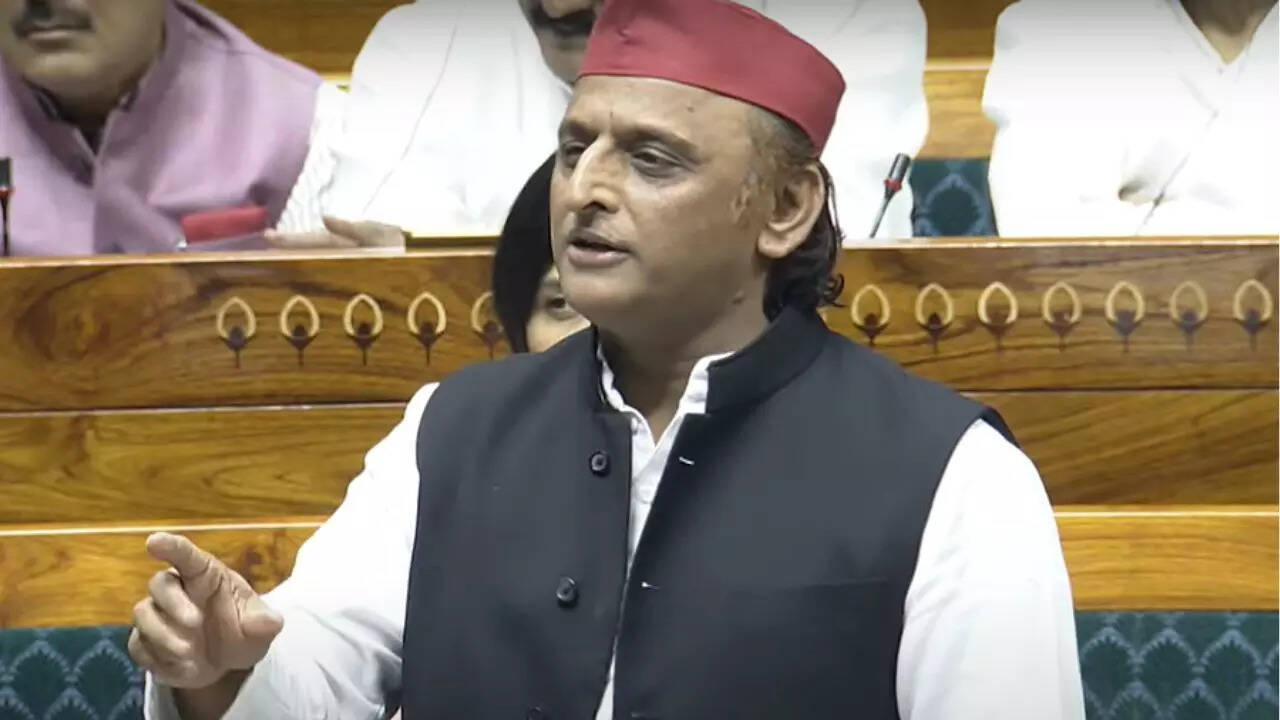Now Reading: SC Questions Delay in Presidential Nod for Punjab Bills on Gurudwaras and DGP Appointment
-
01
SC Questions Delay in Presidential Nod for Punjab Bills on Gurudwaras and DGP Appointment
SC Questions Delay in Presidential Nod for Punjab Bills on Gurudwaras and DGP Appointment

The Supreme Court has asked the Centre to explain why there has been no action from the President on key bills passed by the Punjab Assembly. These include legislation concerning the management of Sikh gurudwaras and the process of appointing the state’s Director General of Police (DGP). The delay has triggered concerns about the balance of power between state autonomy and central oversight.
During the hearing, the court expressed concern over the prolonged inaction. The Punjab government argued that the lack of presidential assent was stalling governance and impacting religious and administrative decisions that are constitutionally within the state’s rights. The court sought a clear timeline from the Centre, demanding a response on whether or not the bills would be approved.
One of the proposed laws seeks to modify how Sikh gurudwaras are managed in Punjab, a sensitive issue tied closely to the state’s religious and cultural identity. The second bill pertains to the selection of the state’s police chief, which Punjab argues should be its own prerogative and not dictated by central guidelines.
The Centre has yet to offer detailed reasoning for the delay, prompting questions around federalism and the political dynamics at play. Legal experts note that while the President does have the right to withhold assent or seek clarification, indefinite inaction can undermine legislative authority at the state level.
For Tier 2 cities in Punjab, especially those with a strong Sikh population or local administrative challenges, these bills hold real significance. How gurudwaras are run directly affects local community management, while the DGP appointment impacts law and order across districts.
The Supreme Court’s intervention has reopened debate on state versus Centre powers. While a verdict is still awaited, the issue highlights the need for clearer timelines and transparency in how state laws are handled once they reach the President’s desk.

























